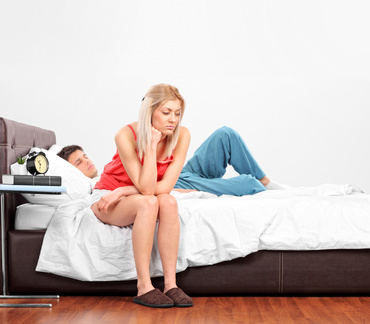Category: Sleep
-

Sleepless in Summer: 6 Steps to Better Sleep in Sweden
What can I do to improve my sleep?What are the steps to better sleep? Is it normal to have trouble sleeping in the summer in Sweden? ? Insomnia or having trouble sleeping is not just a summer problem for expats in Sweden. Concerns about getting better sleep extend to native Swedes and across the year.…
-

After-Hours Counselling for Expats, Nightowls and Early Birds (in English!)
After-hours counselling and therapy in Stockholm, Gothenburg and Malmo is hard enough to find for locals. And the few English speaking psychology services available in Sweden also tend to operate during business hours. Online therapy and counselling is a perfect way for expats in Sweden to fit in a private consultation before work or when…
